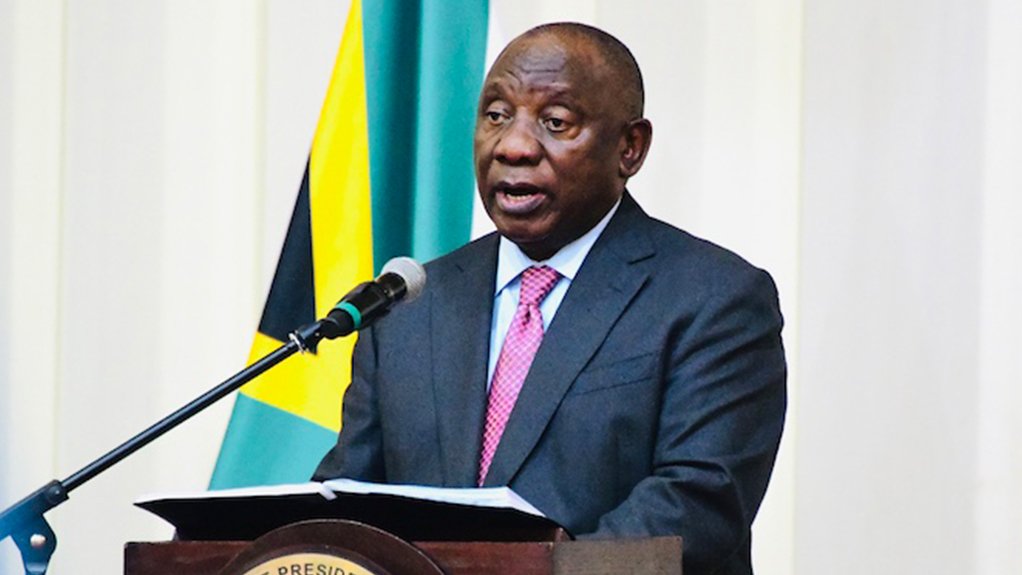Solidarity has disputed the constitutionality of the Amendment Bill on Employment Equity in court papers, in which it urged that the law is contrary to international labour conventions and in which it accused government of being in contempt of the conventions.
The trade union announced on Wednesday that it had served summons on President Cyril Ramaphosa, the Department of Employment and Labour, Employment and Labour Minister Thulas Nxesi, Department of Employment and Labour director-general Thobile Lamati, as well as the Employment Equity Commission.
This after Ramaphosa signed into law the Amendment Bill on employment equity which gives the Minister of Employment and Labour the power to set employment equity targets per sector.
“The level at which the government wants to normalise discrimination in the workplace is shocking. The government wants to impose race targets that all employers in the country will have to meet. Through this law the Minister of Labour acquires unprecedented powers that will intensify the stranglehold race has on South Africa,” said Solidarity CE Dr Dirk Hermann.
In its court papers, Solidarity questioned, among other things, the fact that too much power was granted to the Minister of Employment and Labour, which it said undermined the nuanced approach to affirmative action as required by the Constitution.
Hermann also noted the law’s inconsistency in respect of the Republic’s responsibilities under international law.
“It is unacceptable that the government wants to usurp even more power, and then use it to exercise central control in workplaces, sector by sector. Solidarity was involved in the process throughout by participating in parliamentary processes over the proposed legislation, but these contributions and letters addressed to the Presidency fell on deaf ears. Clearly the government had every intention to implement the law in its current format, and of allocating more power to itself,” Hermann explained.
Solidarity further believes that this form of legislation, based on race, does not aim to correct historical inequalities, but rather aims to apply social control based on the colour of people’s skin.
The trade union highlighted that approaching the Labour Court was the first step in a major process to ensure that the African National Congress government did not succeed in “controlling South Africa through upside down legislation”.
“The South African government is now reckless with race and went too far. The Constitutional Court recently found that the government went too far when it only provided financial aid to black-owned businesses during the Covid-19 pandemic. With this race law the government is taking it too far once again. There is no justification for it. Solidarity is gearing up for a battle in court that will force the government here and worldwide to be held accountable,” Hermann concluded.
EMAIL THIS ARTICLE SAVE THIS ARTICLE ARTICLE ENQUIRY
To subscribe email subscriptions@creamermedia.co.za or click here
To advertise email advertising@creamermedia.co.za or click here











